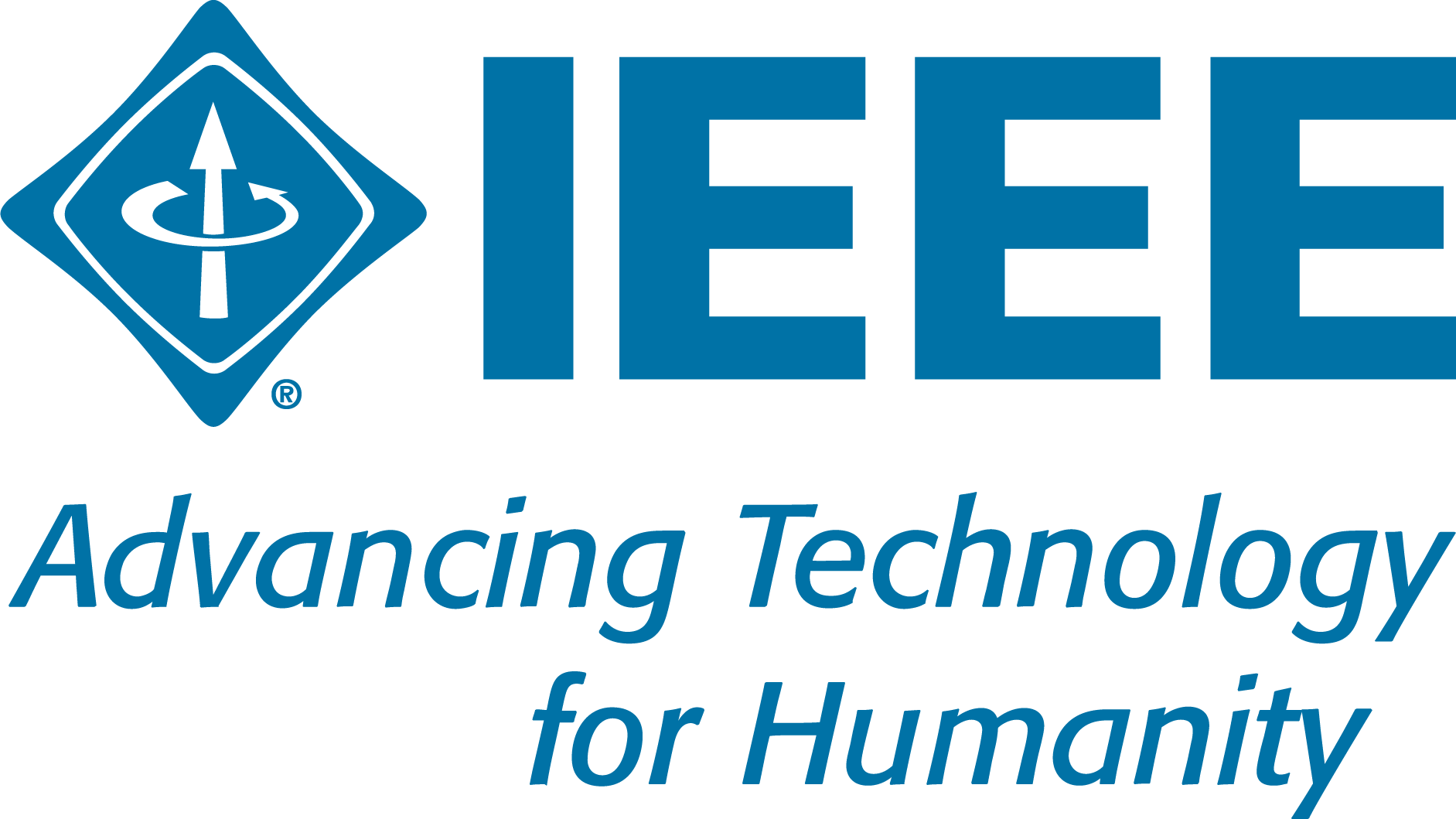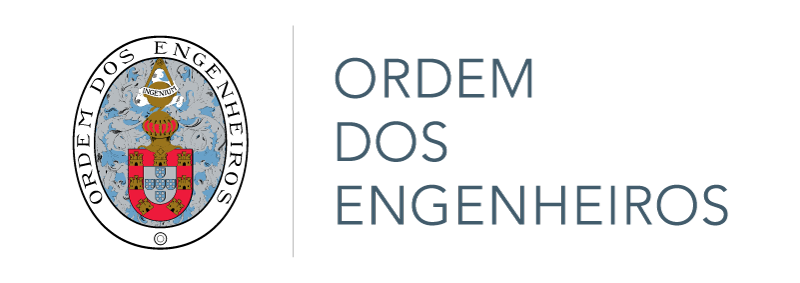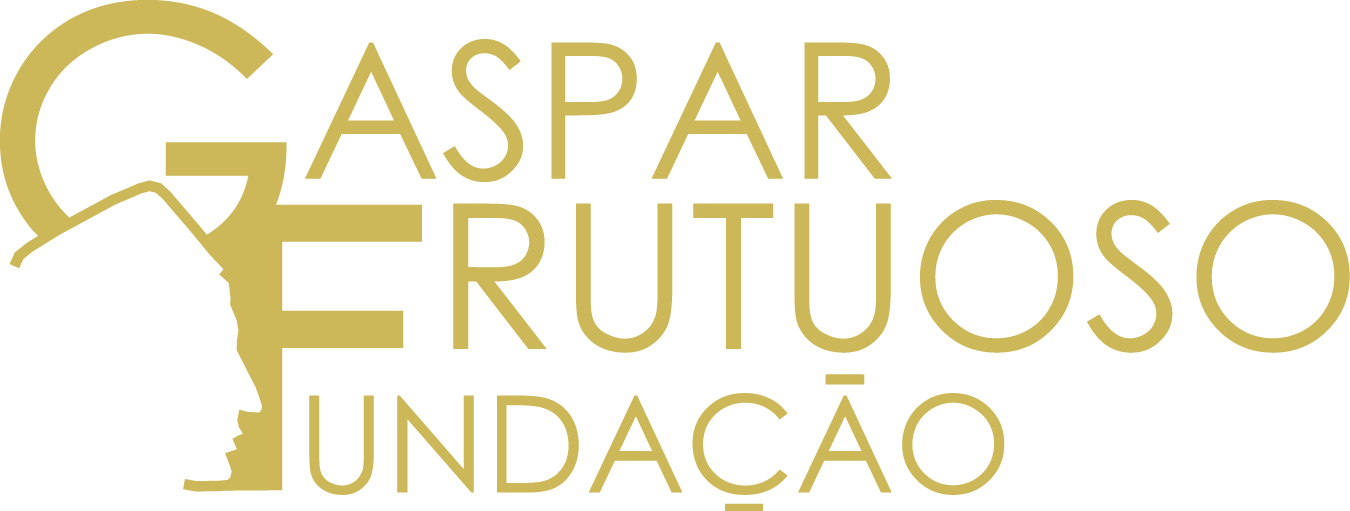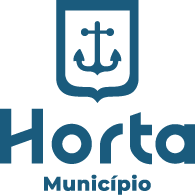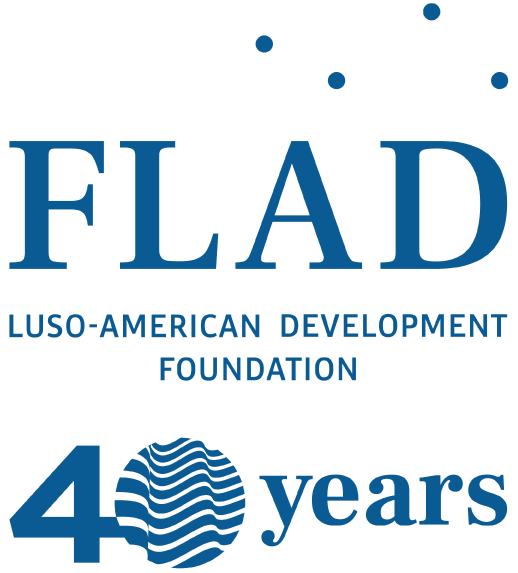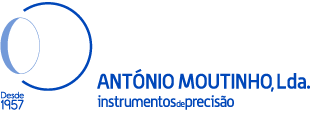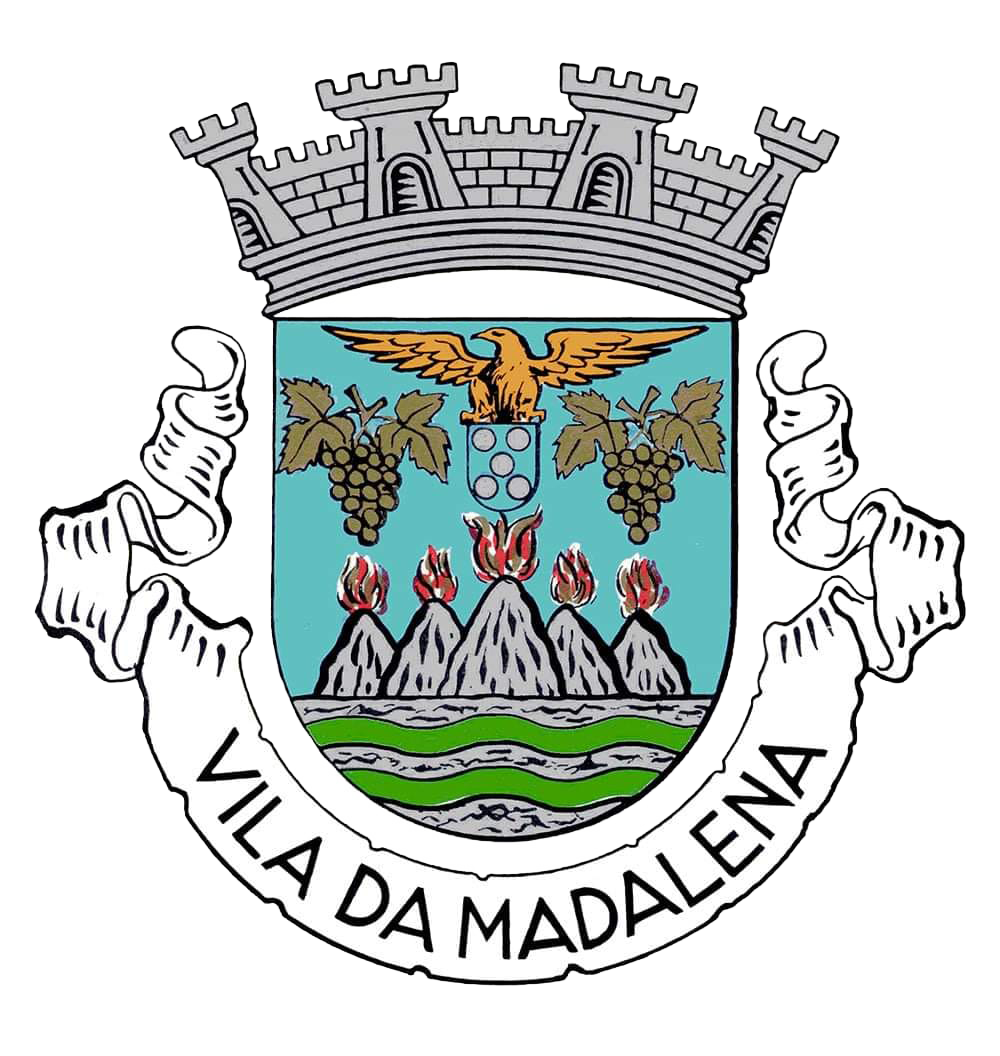Building Inclusive Engineering Education with AI Technology
In the workshop, participants will be able to:
• Identify the current State of the Art (SoA) in inclusive engineering education.
• Explore the principles of Universal Design for Learning (UDL) and how they apply to engineering education.
• Evaluate and apply AI tool in a face-to-face classroom setting for inclusive teaching.
Number of participants: max 25
Workshop Tutors: Olga Dziabenko, Dr. Diego López-de-Ipiña, Dr. Javier García Zubía
Olga Dziabenko is Education Technology Analyst of the Faculty Engineering, University of Deusto. She is a coordinator and a researcher of numerous EU projects for incorporating technology enhance methodology in curriculum of secondary and higher education sectors. Her work focuses on several areas such as citizen science, student assessment, Gen AI tools & digital innovation, student centered approaches including Inquiry-Based Learning and Design Thinking, and Universal Design for Learning in education. She has published more than 150 peer-reviewed publications, including co-editing with Javier García-Zubia the book “IT Innovative Practices in Secondary Schools: Remote Experiments.”
Dr. Diego López-de-Ipiña is a Full Professor at the University of Deusto, leading the “DEUSTEK/MORElab – ICT for Good” group. He holds a PhD from the University of Cambridge (2002) and teaches software and cloud computing subjects. His research focuses on pervasive computing, IoT, semantic web, and citizen science for smart communities. He has supervised 20 PhDs and over 100 theses. He has led numerous EU and Spanish research projects and published 200+ papers, including 100+ in JCR journals. He is also an evaluator for Spanish and EU research agencies and has chaired several international conferences.
Dr. Javier García Zubía is a full professor at the University of Deusto’s Faculty of Engineering and an active researcher in the DEUSTEK group, recognized as Type A by the Basque Government. He has participated in numerous national and international projects (e.g., Go-Lab, OSOS, SOCIO-BEE, VISIR+, ICo-op, SENTIENTTHINGS), with research focused on remote experimentation, SoC/FPGA devices, and the societal impact of the internet. He is the lead behind WebLab-Deusto and co-founded LabsLand. His work has led to publications in top journals (IEEE-TIE, IEEE-TLT, Technology in Society), an H-index of 19 (WoS) and 39 (Google Scholar), and keynote invitations to major conferences (REV, CLEI, TAEE). He has published five books—two authored, three edited, which are widely cited and reviewed, and has supervised eleven PhDs. A senior IEEE member, he has received several lifetime achievement awards and coordinated various academic initiatives, including IEEE-CESEI and TAEE.
Experiential learning in robotic environments
This workshop aims to develop a shared understanding of the affordances robotic environments offer in contemporary education. We will explore diverse paradigms of educational robotics that treat robots as programmable devices, constructed prototypes, social agents, and smart connected systems. Participants are invited to share examples of how they have integrated robotics into their teaching practices. Together, we will examine innovative opportunities for learning in robotic environments enhanced by emerging digital technologies. The workshop will also provide a forum for discussing current research trends and practical challenges in educational robotics. Through case studies and personal experiences, participants will reflect on how shared approaches might inform and enrich their own educational practice.
Workshop Tutors: Igor Verner, Alexander Kirst (University of Southern Queensland, Australia), Catherine Hills (University of Southern Queensland, Australia)
Igor M. Verner is Professor Emeritus of Technology and Engineering Education at the Faculty of Education in Science and Technology, Technion – Israel Institute of Technology. He holds a master’s degree in mathematics, a Ph.D. in computer-aided design in manufacturing, and a teaching certificate in science and technology education. His research centers on technology and engineering education, with a particular focus on experiential learning in technology-rich environments, educational robotics, cloud-based design, and digital manufacturing. As head of the Robotics and Digital Technology Education Research Group, he leads the development, implementation, and evaluation of online laboratories and hands-on workshops for engineering education. Professor Verner serves as Editor-in-Chief of the Educational Robotics section of MDPI Robotics and as Guest Editor of the special issue “Supporting Student Engagement in Education 4.0 Environments” in MDPI Education Sciences.
Alexander A Kist has a keen interest in student experience, learning & teaching quality, and governance. This includes both institutional quality assurance as well as delivery through online education and remote access laboratories. He has authored more than 140 scientific articles in teletraffic engineering, performance modelling, remote access laboratories, and engineering education. He has served as an Education Committee and Education Quality Committee member. He is currently Chair of the UniSQ Academic Board. He is a member of the TEQSA Register of Experts, and his commitment to excellence is evident through both institutional and national teaching awards and grants.
Catherine Hills has ten years of industry experience as an automation engineer prior to joining academia. Her key areas of interest are transition to university and authentic assessment design. She has contributed to research in biomass gasification and remote access laboratories, along with engineering education and innovation in learning and teaching. Here current focus areas are diversity and inclusion in higher education and fostering a positive whole-of-student learning experience. She is the First Year Experience Lead for the School of Engineering, where she is leading the implementation of a student-focused, strengths-based transition to university, which is embedded in the curriculum.




